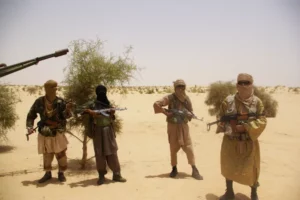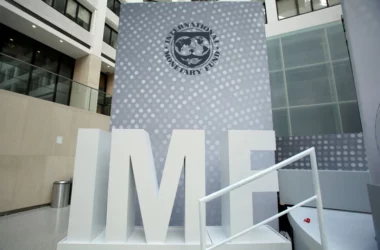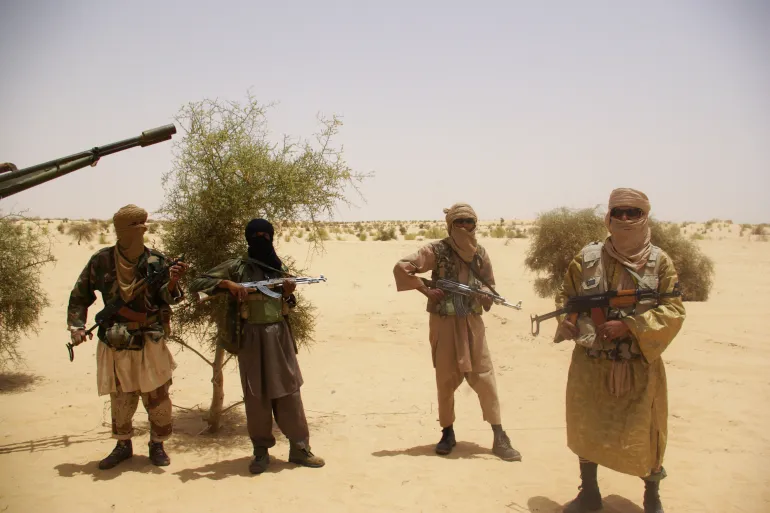At least 15 Nigerian Muslim pilgrims on their way to Senegal were killed when gunmen in Burkina Faso attacked the buses transporting them, Nigeria’s presidency said on Monday.
“President Muhammadu Buhari has received the tragic news of the murder,” the State House said in a statement, without providing further details on the attack.
A Nigerian presidency spokesperson told Reuters via WhatsApp that the death toll stood at 15 “so far”.
According to a Senegalese religious order, unidentified assailants attacked the convoy of buses on Wednesday and killed 18 passengers.
The pilgrims were on their way to a religious ceremony in Senegal from Niger and Nigeria, a trip that involves crossing conflict hotspots in northern Burkina Faso and central Mali.
“Eighteen passengers lost their lives during these attacks, and most of the survivors were robbed,” the Medina Baye Mosque in Kaolack, the Senegalese town where the victims were headed, said in a statement on Saturday.
Nigeria’s presidency said in the statement that it was in touch with Burkinabe authorities and awaiting the outcome of their investigation into the incident.
Burkina Faso’s foreign affairs minister Olivia Rouamba met with Nigeria’s ambassador to the country on Monday to discuss the killings.
“For the time being there is no concrete information or element picked up on the field that proves the veracity of these facts,” Rouamba said in a statement after the meeting.


Burkina Faso is battling armed groups with links to al-Qaeda and ISIL (ISIS) that spilled over from neighbouring Mali in 2015.
Rebel fighters have spread over the tri-border area between Burkina Faso, Mali and Niger and encroached on coastal West African states despite costly international efforts to stop them.
Regular attacks on towns and villages, army posts and United Nations peacekeepers have caused thousands of deaths, displaced more than two million people across the Sahel and aggravated food insecurity.














